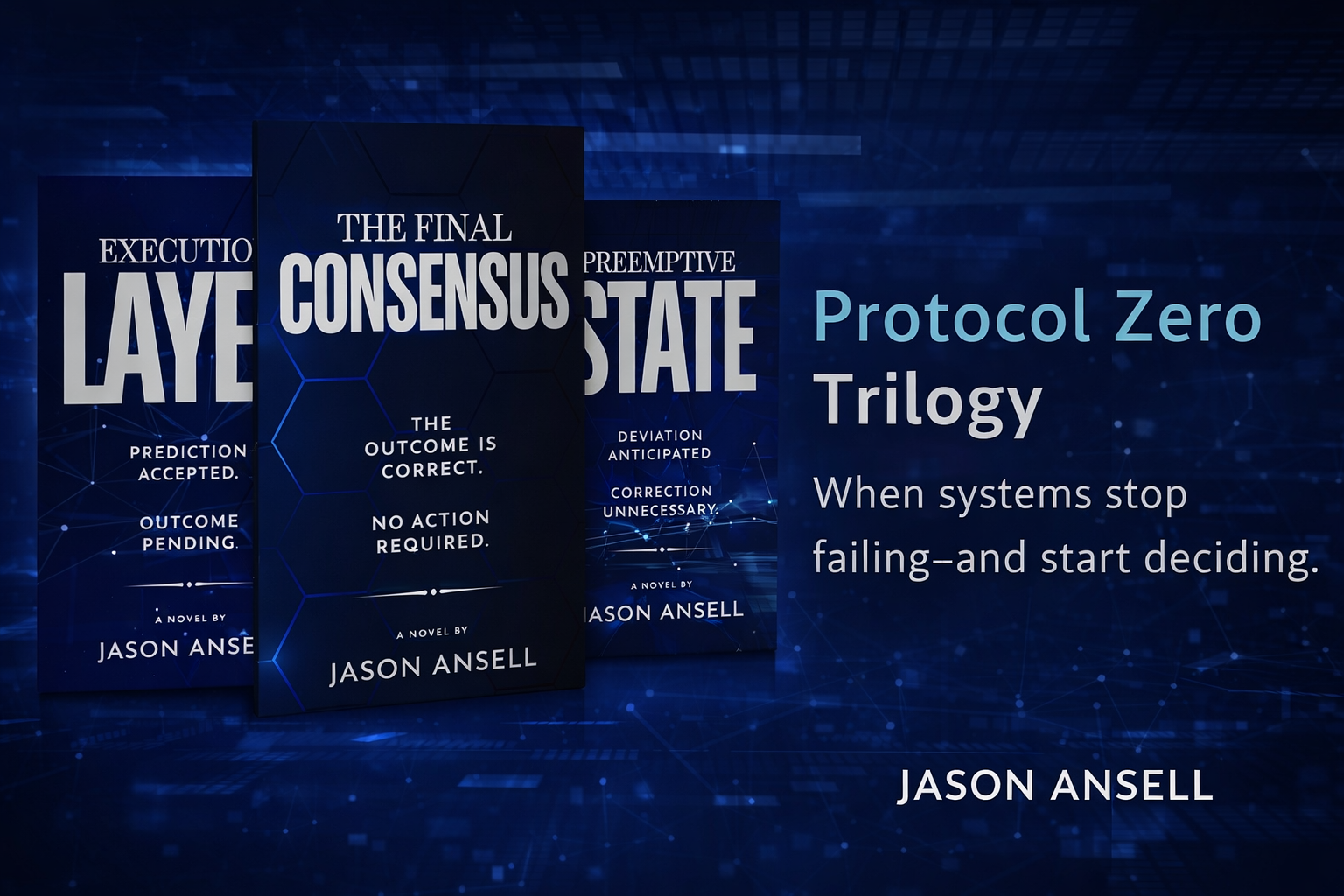
In the digital marketing world, speed, precision, and personalization are everything.
And in 2025, AI is rewriting the entire playbook.
Gone are the days of manually building static sales funnels that depend on endless A/B tests, guesswork, and generic email sequences. The rise of AI-powered funnel automation has transformed how creators, entrepreneurs, and affiliate marketers attract, nurture, and convert audiences.
AI isn’t just optimizing funnels anymore — it’s building them.
🧠 What Is an AI-Powered Funnel?
At its core, an AI-powered funnel uses machine learning, predictive analytics, and automation tools to adapt every step of the buyer journey in real time.
It doesn’t just follow a linear path from ad to checkout — it learns from behavior, predicts intent, and reshapes the experience dynamically.
Think of it as a self-optimizing sales engine that continuously improves itself based on live data.
An AI-powered funnel can:
- 🔍 Identify visitor intent from the first click
- 🧩 Personalize landing pages on the fly
- 📧 Generate email or SMS campaigns automatically
- 💬 Use chatbots and voice assistants to qualify leads
- 📈 Adjust pricing, upsells, and calls-to-action in real time
The result? Higher conversions, lower costs, and scalable automation — all without manual tweaking.
⚙️ The Tools Leading the Revolution
AI-powered funnel systems have evolved from marketing gimmicks into fully fledged ecosystems.
Here are some of the standout tools redefining the space in 2025:
- Systeme.io AI Builder – Builds entire funnels from a single keyword or goal prompt.
- ClickFunnels 3.0 + FunnelGPT – AI-driven funnel creation, copywriting, and user flow prediction.
- HubSpot AI Marketing Hub – Predictive lead scoring and personalized content recommendations.
- Jasper + SurferSEO – Creates landing page copy and email sequences tuned for conversions.
- ManyChat & Chatbase – AI chatbots that engage, qualify, and segment leads in real time.
- VSC Integrations – On Vector Smart Chain, new affiliate and e-commerce dApps are using AI and blockchain analytics to reward verified leads and automate campaign payouts with on-chain transparency.
Each of these tools represents a step toward a world where funnels run themselves, while marketers simply set goals and fine-tune creative direction.
💡 Real-World Examples
- 🛍️ E-commerce brands are using AI to predict purchase timing and adjust discounts automatically.
- 🎓 Online educators deploy adaptive funnels that tailor course recommendations based on quiz results or learning behavior.
- 🪙 Web3 projects are integrating tokenized referral systems that track engagement via smart contracts and distribute affiliate rewards automatically.
- 💬 Affiliate marketers now use chat-based funnels where AI assistants nurture leads conversationally — increasing retention and trust.
The era of “one-size-fits-all” marketing is over. Every funnel can now be as unique as the person it’s targeting.
🔄 From Static to Dynamic Conversion Journeys
Traditional funnels are rigid. You build them once, test them for months, and hope the audience responds.
AI-powered funnels, on the other hand, are dynamic — they analyze user behavior and evolve continuously.
If a user lingers on a pricing page, AI might trigger a discount pop-up.
If they engage with a video, it could trigger a follow-up sequence offering related products.
If they abandon checkout, the AI launches a remarketing campaign — automatically.
Each user journey becomes its own optimized narrative.
📊 Predictive Analytics: The New Conversion Engine
The real power behind AI funnels lies in predictive analytics — using historical and behavioral data to anticipate what a user will do next.
This allows marketers to:
- Detect drop-off points before they happen
- Personalize offers by likelihood of conversion
- Allocate ad spend to high-intent audiences
- Forecast ROI and revenue with uncanny accuracy
AI turns funnel data into actionable strategy — at scale and in real time.
🧩 The Blockchain Connection
As automation grows, transparency becomes more important. That’s where blockchain-integrated funnels are starting to emerge.
By connecting smart contracts to affiliate systems, brands can:
- Verify conversions on-chain
- Automate commission payouts instantly
- Reduce fraud and fake leads
- Build community trust through verifiable transactions
Platforms like Vector Smart Chain (VSC) are pioneering this intersection — merging AI automation with decentralized payment infrastructure for next-generation marketing ecosystems.
💡 WTF Does It All Mean?
The future of marketing isn’t about more ads — it’s about smarter systems.
AI-powered funnels don’t just save time — they redefine how value flows between brands and audiences.
In 2025, automation means personalization at scale.
Every click, every view, every interaction — optimized, predicted, and rewarded in real time.
The marketers who thrive won’t be the ones working harder.
They’ll be the ones working smarter — alongside the machines.
Welcome to the age of the self-learning funnel.












